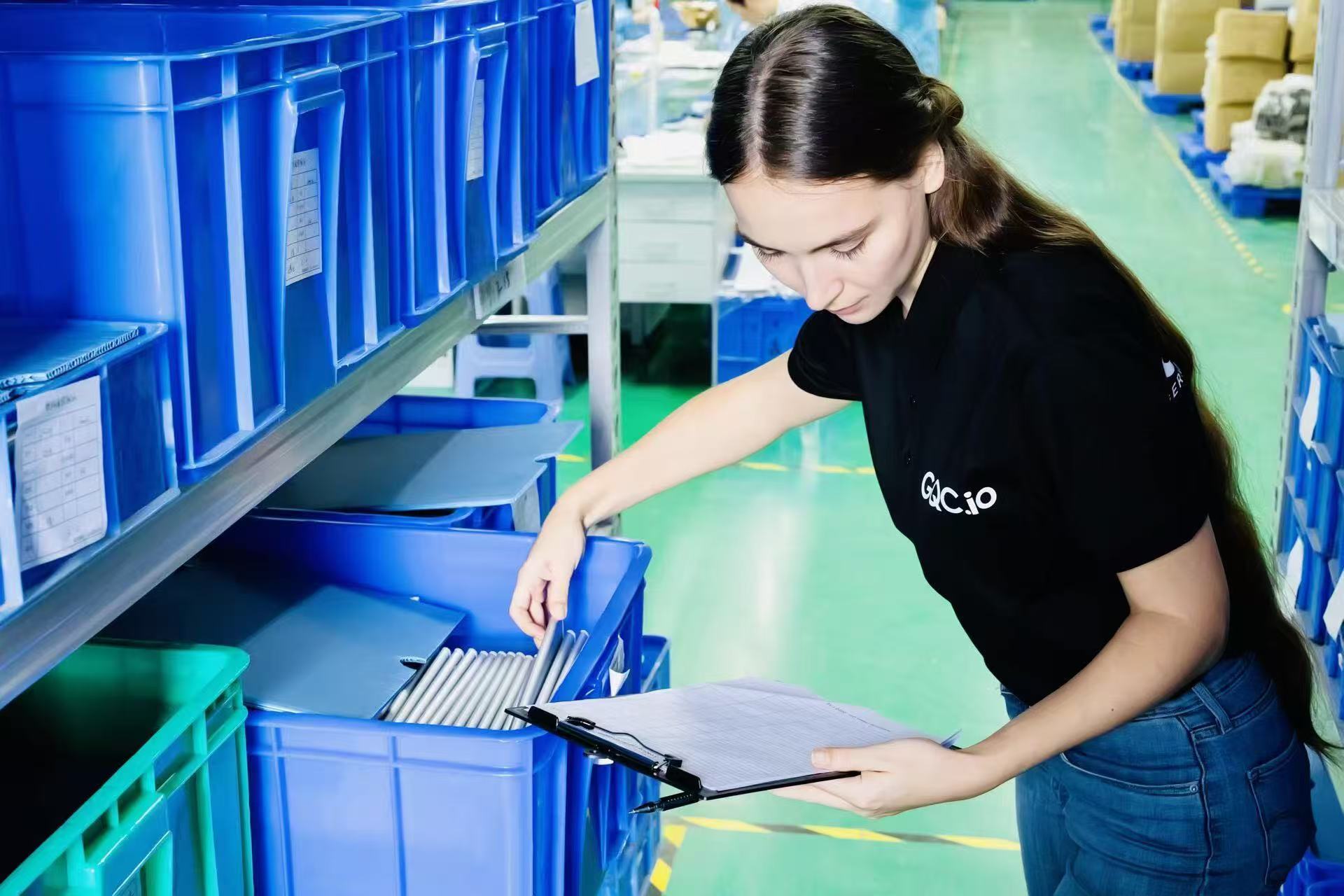China is one of the world's largest manufacturing bases, producing goods ranging from electronics to textiles. Despite the low cost of manufacturing in China, many companies face quality control issues. Poor quality products not only harm the reputation of the company but also result in loss of customers and financial damages. Therefore, it is essential to implement a comprehensive quality control system in Chinese manufacturing to ensure consistent product quality.
The following are some essential steps that companies should take to ensure quality control in Chinese manufacturing.
Conduct factory audits
Before selecting a Chinese manufacturer, it is crucial to conduct a thorough factory audit. This audit should cover a wide range of factors such:
1. Basic Supplier Information
2. Management Responsibility
3. Quality Assurance and Project Planning
4. Document Control
5. Training of Employees
6. Corrective Action and Customer Complaints
7. Incoming Quality Control (IQC) and Vendors Supervision
8. Production and Process Control
9. Outgoing Quality Control (OQC)
10. Production Facilities, Equipment and Layout
11. Handling, Storage, Packaging, Delivery
12. Reliability Testing
13. Social Accountability
It is also essential to verify the factory's compliance with legal and regulatory requirements. By conducting a factory audit, companies can identify potential quality control issues early on and select the right manufacturer.
Develop a comprehensive quality control plan
Once the manufacturer has been selected, the company should develop a comprehensive quality control plan. This plan should outline the standards and specifications that the product must meet, as well as the quality control methods and procedures that will be implemented. The plan should also include regular product testing and inspection to ensure that the product meets the required quality standards.
Implement in-process quality control
In-process quality control involves testing and inspecting products at various stages of the manufacturing process. This ensures that any quality issues are identified and resolved early on. By implementing in-process quality control, companies can minimize the risk of producing defective products and ensure consistent product quality.
Conduct final product inspection
After the product has been manufactured, it is crucial to conduct a final product inspection. This involves testing the product to ensure that it meets the required quality standards and specifications. We at GQC create customized product checklists and suggest the right sample size and AQL levels according to industry standards. Failed inspections can lead to rejected shipments, and the manufacturer should be held accountable for rework or improvement.
Develop a feedback system
Finally, it is essential to develop a feedback system that allows customers to provide feedback on the quality of the product. This feedback can be used to identify any potential quality control issues and make improvements to the quality control plan.
In conclusion, implementing a comprehensive quality control system is essential to ensure consistent product quality in Chinese manufacturing. By conducting factory audits, developing a comprehensive quality control plan, implementing in-process quality control, conducting final product inspection, and developing a feedback system, companies can minimize the risk of producing defective products and ensure customer satisfaction.
GQC is a professional quality control company that specializes in providing comprehensive quality control services to companies that manufacture products in China. GQC's team of experienced quality control professionals can help companies identify potential quality control issues and ensure consistent product quality. If you are looking for a reliable quality control partner in China, feel free to contact us www.gqc.io.





